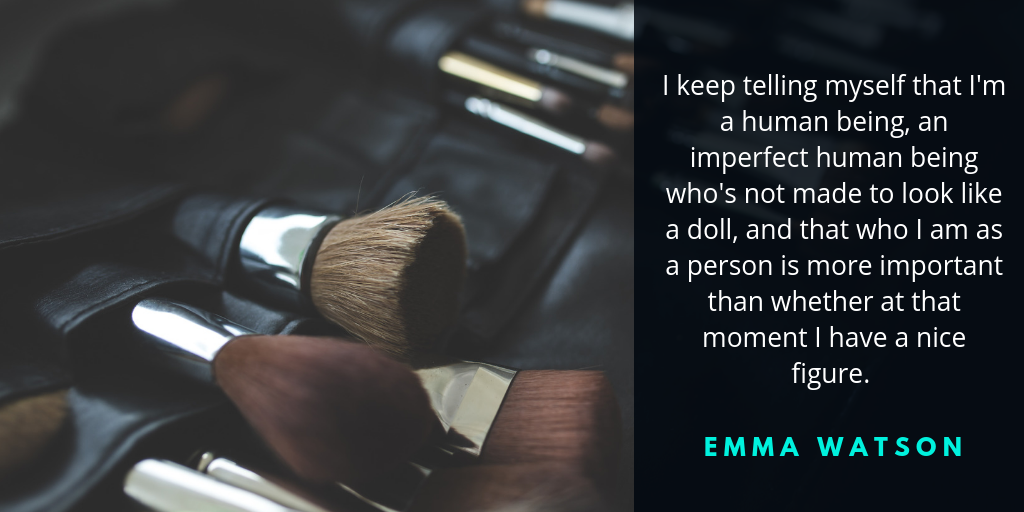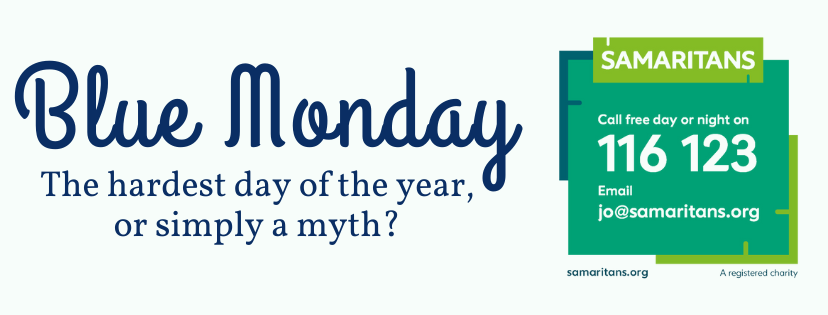Body Dysmorphic Disorder (BDD) or Body Dysmorphia, is a mental health condition that affects an individuals mindset in regards to how they look. The person will worry excessively about their appearance and their flaws; flaws that are often unnoticeable to others.
People of any age can develop body dysmorphia although it is most common in teenagers and young adults. Having BDD does not make you vain or self-obsessed. Having body dysmorphia can be very upsetting and can have a large negative impact on an individual’s day-to-day life.
Symptoms:
There are various symptoms and they will vary from person to person depending on the area of their body that they are most worried about.
- Spending a lot of time looking in the mirror, or avoiding the mirror completely.
- Comparing themselves to others, people in the media, strangers on the street, friends and family.
- Going through a lot of trouble and effort to conceal their flaws, such as wearing a lot of make-up, spending a lot of time doing their hair, wearing heavy clothing to hide their figure and so on.
- Picking at their skin in an attempt to make it ‘smooth’.
- Changing their posture to make their figure look different.
- Seeking constant reassurance about their looks.
- Exercising excessively.
- Getting frequent spray tans or using sunbeds regularly.
- Frequently weighing themselves.
- Obsessively brushing and styling their hair.
- Seeking cosmetic surgery or other medical treatments in an attempt to change the area they are most concerned with.
Muscle Dysmorphia is a type of BDD in which the individuals biggest concern is in regards to their muscles. Thinking they are too skinny and not muscular enough, despite being an average build or in some cases extremely muscular! This often leads to the individual exercising excessively, especially lifting weights. Some individuals may take natural supplements (protein powders for example), some may start using steroids and other substances in order to try and grow their muscles.
Causes of Body Dysmorphia:
There is no definitive cause of BDD, however, there are some factors which may lead to its development.
If an individual has experienced abuse and/or bullying in their life, they may be of higher risk of developing the condition. Especially if the bullying/abuse was directed towards their appearance.
Any form of bullying and abuse can lead to low self-esteem which can lead to BDD.
Fear of being alone and isolated can also lead to BDD. For example, an individual may believe that they need to change their appearance in order to fit in with a certain group of people or else they will be alone. This can lead to never feeling good enough and constantly worrying about their flaws.
Having a perfectionist personality type can leave an individual trying to make themselves ‘perfect’, again trying to fit in with everyone else. This can lead to them comparing themselves to others around them or to the pictures that they see in magazines and on social media, in turn leading to the development of BDD.
Genetics might also play a role in the development of body dysmorphia. If the individual has immediate family members (parent, siblings or grandparents) who have experienced BDD, they may be more at risk themselves.
Having other mental health conditions such as depression, anxiety and obsessive compulsive disorder, can also increase the likelihood of developing body dysmorphia.
Treatments:
More often than not, body dysmorphia will be treated with a combination of therapy and medication, usually cognitive behavioural therapy as this aims to alter the individuals thinking patterns and help them to see things in a more positive light.
The medication given to treat BDD is usually some form of serotonin-specific reuptake inhibitor (SSRI). There are antidepressants. However, medication may vary depending on your personal situation and any other medical conditions that you may have.
There are many forms of support out there for people struggling with BDD. If you feel as though you may be experiencing body dysmorphia, if you feel as though it is affecting your day-to-day life (going to work, socialising with friends and so on), then speak with your GP. They will be able to assess you and provide you with the correct form of treatment and support.
Sources:
Mind Charity – Body Dysmorphia Disorder (BDD)


